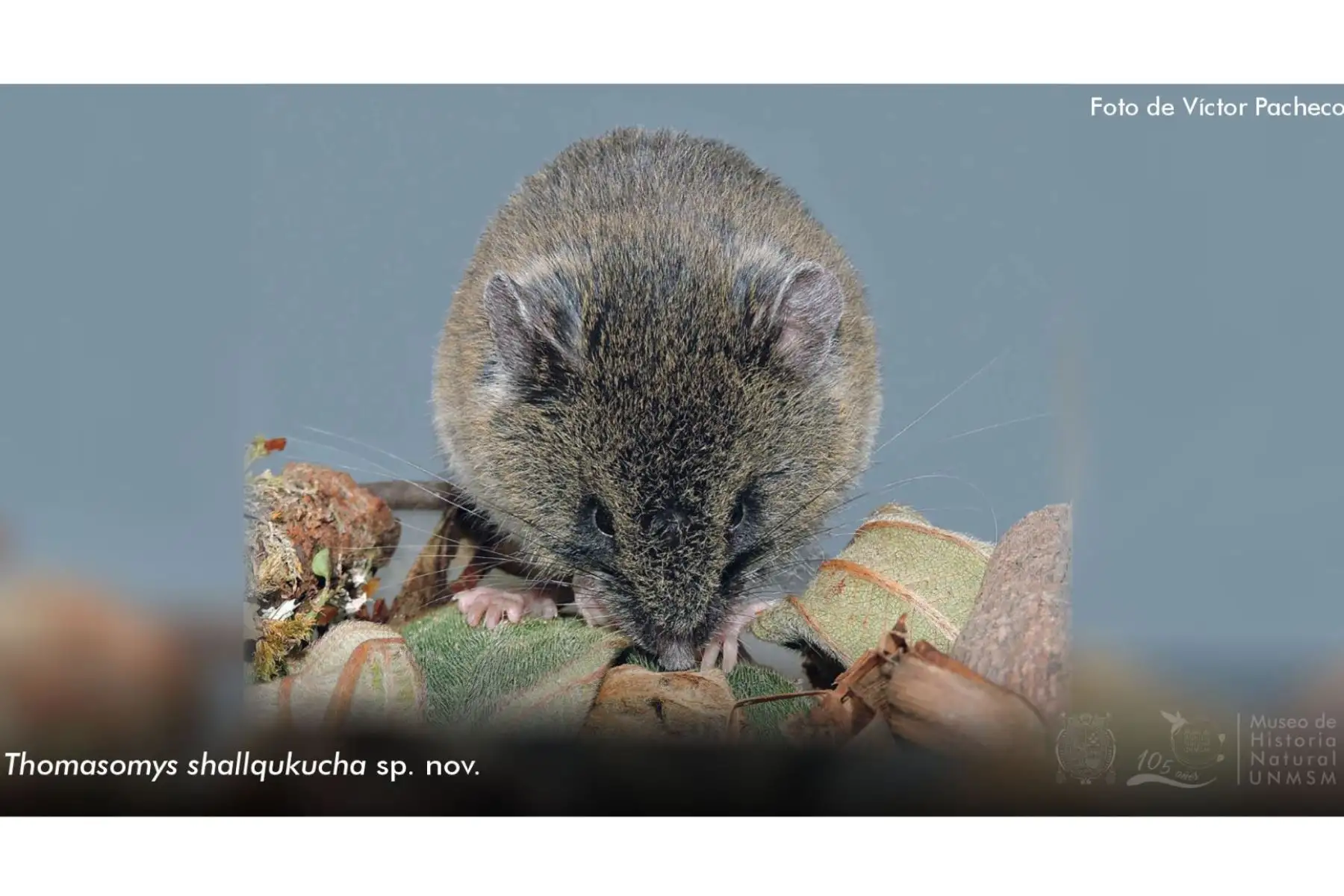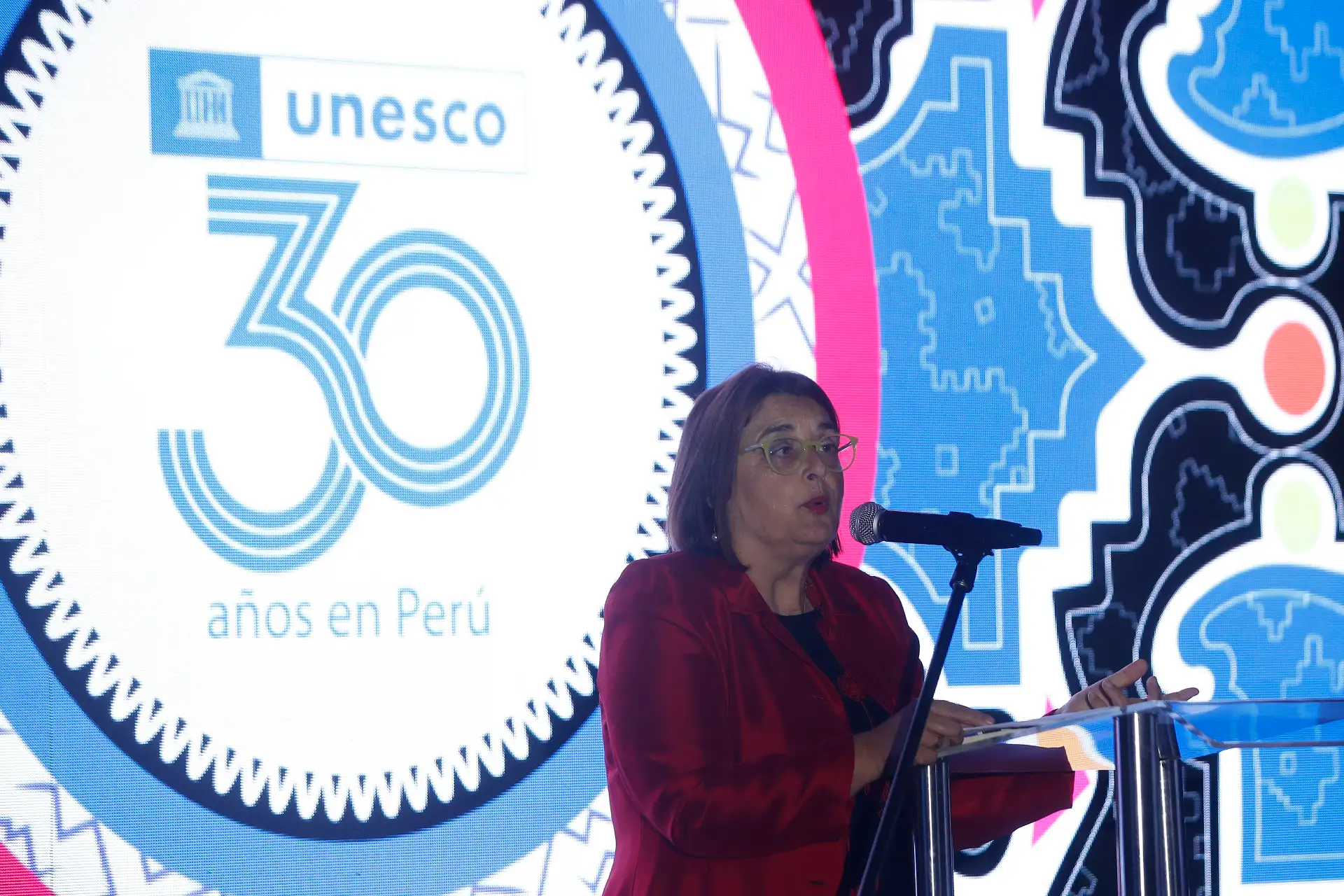Peruvian biologist Dennisse Cinthya Ruelas has been named one of three winners of the 2025 "For Women in Science" program, an initiative by L’Oréal Groupe and the United Nations Educational, Scientific and Cultural Organization (UNESCO).
The award aims to recognizes outstanding women researchers from Peru, Colombia, and Ecuador for their contributions to science, innovation, and sustainable development in Latin America.
Ruelas, a specialist in Andean biodiversity, was honored for her project Radiation in the Andes: Evolutionary History and Diversification of the Most Diverse Rodent Genus in South America. The study seeks to reconstruct the evolutionary history of species within the Thomasomys genus, the most diverse group of small mammals in the tropical Andes.

This pioneering research will not only help identify new species and key evolutionary lineages but also provide vital data to guide conservation priorities in Andean ecosystems.
It will strengthen scientific collections and foster the training of new Peruvian women scientists, underscoring the role of research in protecting biodiversity and generating regionally relevant knowledge.
Ruelas holds a Master’s in Zoology with a focus on Systematics and Evolution from the National University of San Marcos (UNMSM), a Ph.D. in Life Sciences from the Peruvian University Cayetano Heredia (UPCH), and a Ph.D. in Evolutionary and Biodiversity Sciences from the University of Montpellier II in France.
The award ceremony took place in Bogotá, Colombia, where each laureate received a USD $10,000 grant to support the continuation of their scientific projects.
Women and science
"The world needs science, and science needs women," said Eduardo Gotuzzo, President of L’Oréal Groupe for Central America and the Andean Region. "Through this program, we reaffirm our commitment to equal opportunities and to building a more inclusive scientific ecosystem capable of addressing our region’s challenges."
The UNESCO Office in Quito and Representation for Bolivia, Colombia, Ecuador, and Venezuela highlighted the program’s impact in showcasing Latin American women’s leadership in science and sustainable development. "Each discovery made by a woman opens new possibilities for humanity. Knowledge with a woman’s face lights the path toward a fairer and more equitable future," said Tatiana Villegas, UNESCO Representative in Ecuador.

In Peru, this recognition aligns with UNESCO’s 30th anniversary of presence in the country and its ongoing initiatives to strengthen gender equality in science, promote STEM careers for young women, and highlight the global contributions of Peruvian scientists.
Through programs like For Women in Science (in partnership with L’Oréal), specialized mentorships, and pilot projects aimed at connecting girls and adolescents with scientific disciplines, UNESCO seeks to create more opportunities for women’s talent to drive Peru’s transformation.
Since its creation in 1998, the program has recognized over 4,400 women across 140 countries, making it one of the most influential initiatives to close the gender gap in science and promote women’s participation in Science, Technology, Engineering, and Mathematics (STEM) fields.